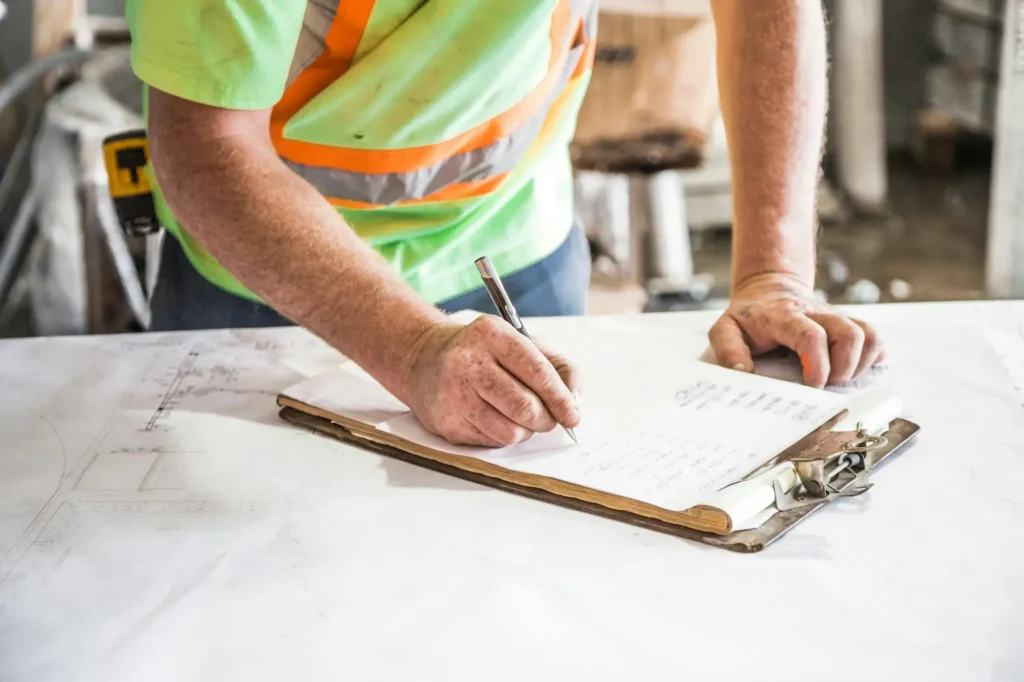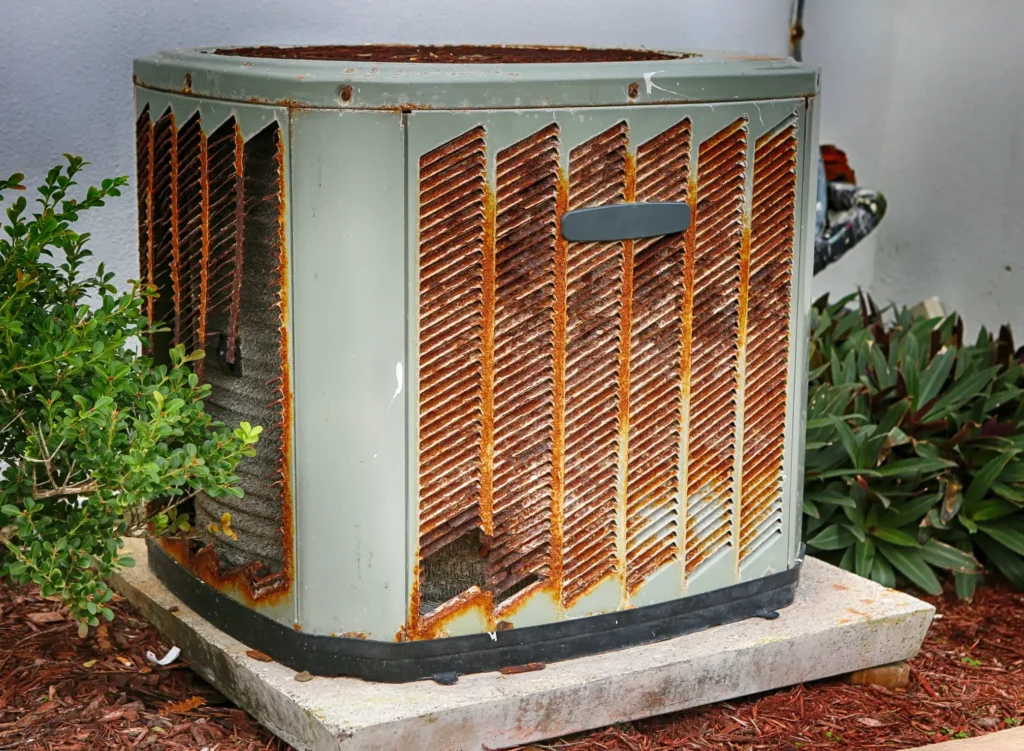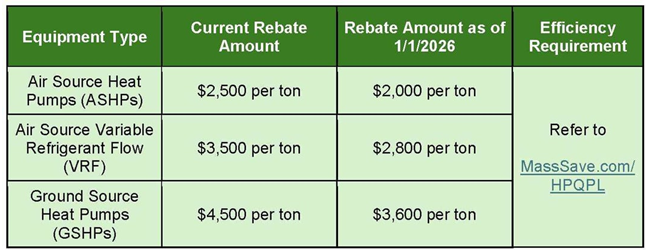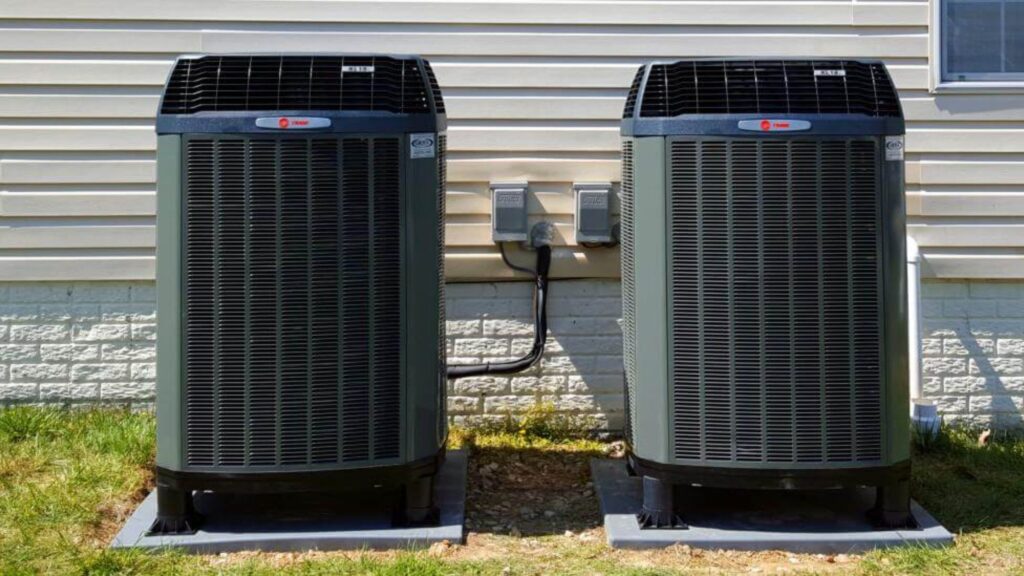Both Sections of a heat pump As the cost of oil and natural gas continue to rise, many Massachusetts residents are making the switch to high efficiency heat pumps for their heating and cooling. Let’s get a better understanding of what a heat pump system can do for your home, and the benefits that come with them!
What is a Heat Pump?
Also referred to as a mini-split, a heat pump is best described as an electric powered heating and cooling solution for your home. Unlike most heating solutions, heat pumps use no fossil fuels, and are considered much more energy efficient than your fossil fuel-based heat sources.
Heat pumps don’t actually generate any heat, but rather move heat between two sources, which brings us to the two main types of heat pumps:
- Air source heat pumps
- Ground source heat pumps
An air-source heat pump moves heat between the air inside the home, and air outside the home.
Ground source heat pumps, also known as geothermal heat pumps, transfer heat between the ground outside and the air inside the home.
Main Components of a Heat Pump System
When trying to visualize a heat pump system, it’s best to break it into two major components:
- Indoor Unit
- Outdoor Unit
Indoor Unit
You’ll often hear the indoor unit referred to as the ‘air-handler” portion of the system, and it’s what you see moving the air inside your actual home. You may have heard of them as Mini-splits.
Depending on whether you’re looking to heat or cool your home, the condenser inside the mini split acts differently. If in heating mode, the coil acts as a condenser, and in cooling mode its acts as an evaporator.
Outdoor Unit
The outdoor unit acts similarly to the indoor unit, but utilizes the outside air to manage the heat exchange through the inner coil. If you’ve ever seen a home with central air conditioning, you’ve more then likely seen a similar outdoor unit as they do the same job.
How Does a Heat Pump Work in Heating Mode?
Heat ALWAYS wants to move to areas with lower temperature, or where less heat is present. The coils we previously discussed actually contain coolant, and it’s the coolant’s job to help this transfer of heat depending on whether or not you want it warmer or cooler in your home.
There is a reversing valve present that does the heavy lifting between heating and cooling mode. In heating mode, the outside coil acts as the evaporator and the indoor coil acts as the condenser. Outside air passes through the coil, and the heat is released into the home as energy.
How Does a Heat Pump Work in Cooling Mode?
Cooling mode works just like heating mode, but reversed! The outside coil becomes the condenser and the inside coil is the evaporator. Air from inside the house is pulled through the coil and the heat is absorbed by the refrigerant.
Think of how your air conditioners work, and you’ll find it’s an almost identical process.
While the process is a bit more in depth, this should give you a better, general understanding of how heat pumps operate.
So, Why Choose Heat Pumps?
Now that you understand how they work, you may be wondering why so many Massachusetts residents are making the switch to heat pumps for their heating and cooling needs. That’s easy!
If your home currently uses a gas furnace for heat, or even oil, you’re not being as efficient as you could be. Heat pump heating systems use electricity, and are considered FAR MORE efficient than any fossil fuel based home heating system.
We’ve helped countless residents take advantage of the available incentives through the Mass Save program, and reduce their overall energy bills thanks to the efficiency of these systems. Not to mention, they take care of the air conditioning too!
Not only are you making your home more energy efficient, but you’re reducing your household carbon-footprint significantly.
Here at Endless Energy, We Know Heat Pumps
If you’re a Massachusetts resident and want to install a heat pump in your home, give us a call today. Our experts will answer any questions you may have, and we’ll even set you up with a n0 cost Mass Save home energy assessment, where we’ll get a better idea of your home and tailor the best personalized options for you.
Plus, with the help of rebates and incentives available through the Mass Save program, we’ll get you energy efficient without breaking the bank, and go over all the different incentives you may or may not qualify for.
So, what are you waiting for? Give us a call at (508) 501-9990 or book your visit online, and let us help you understand how a heat pump system can change the way you think about comfort!






